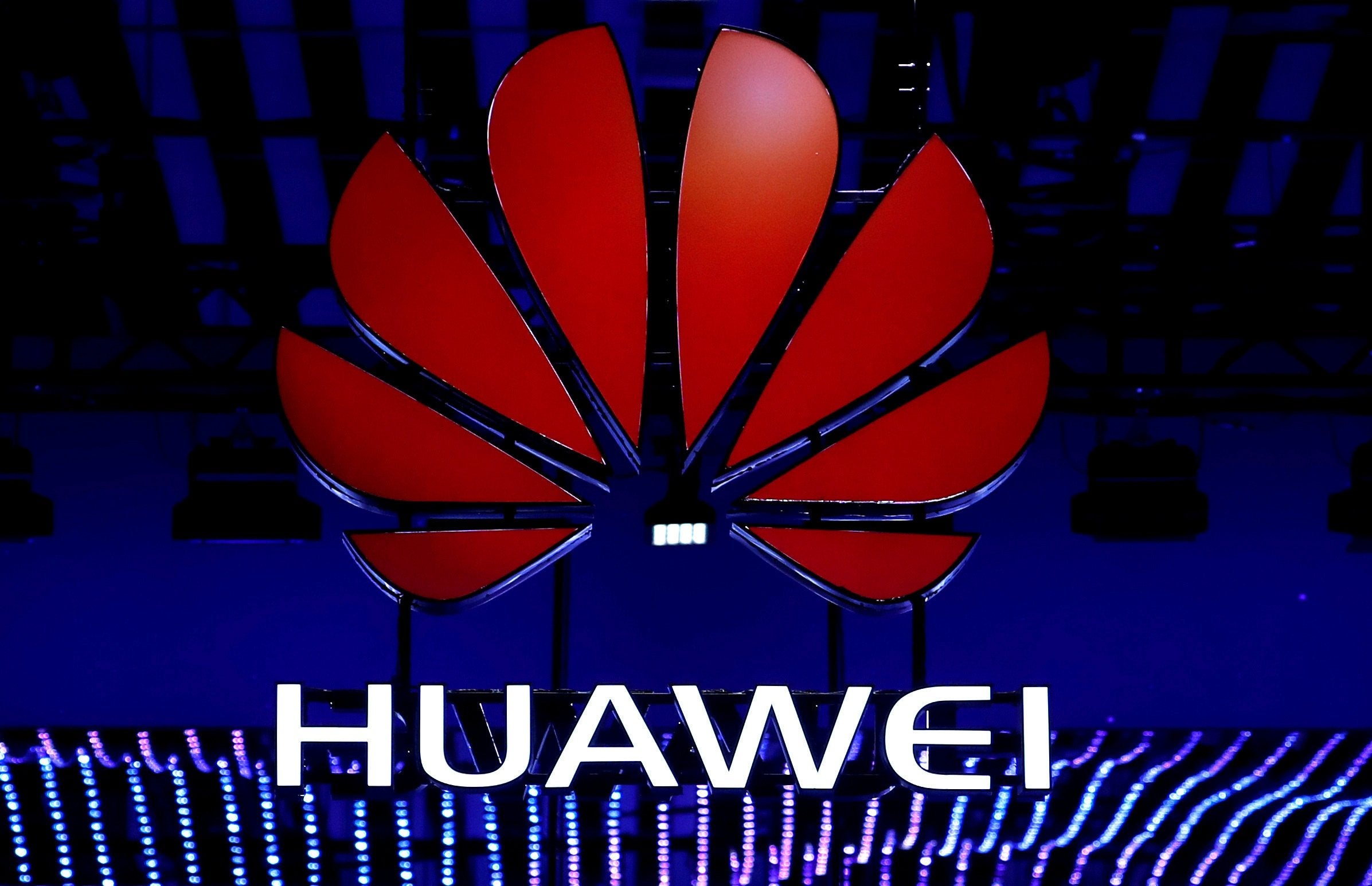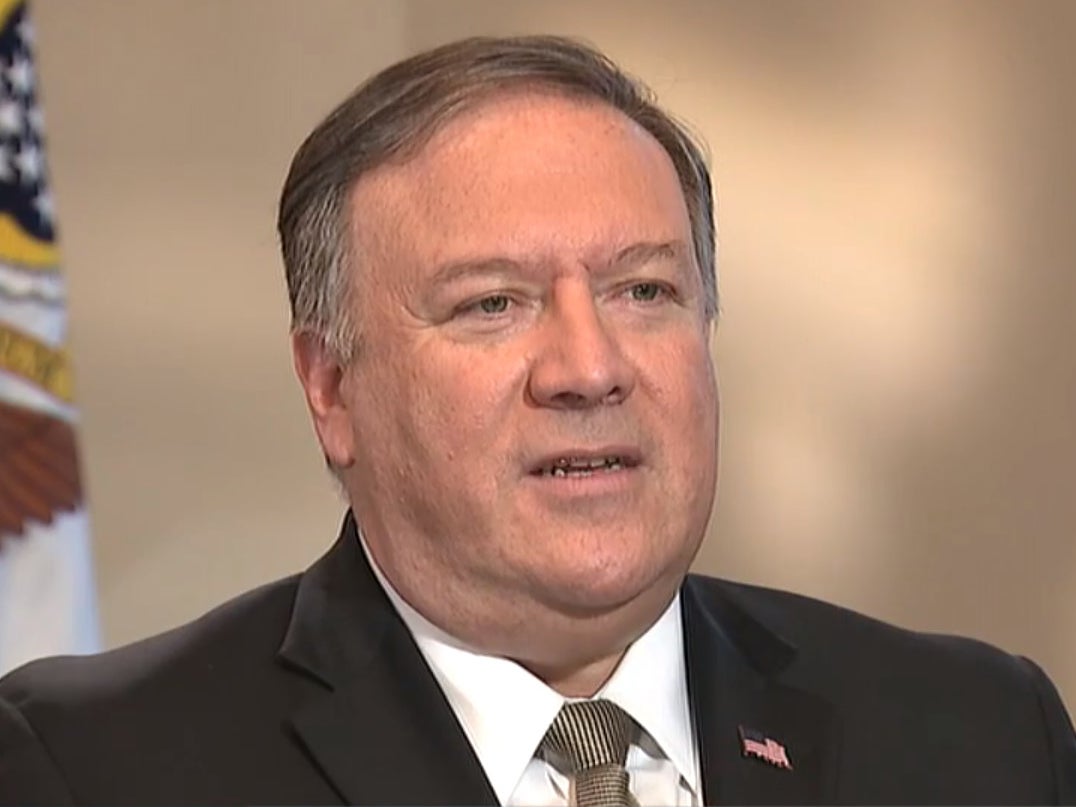US signals it will refuse to share information if UK uses Huawei technology
'We’re not going to put American information at risk,' says US secretary of state

Your support helps us to tell the story
From reproductive rights to climate change to Big Tech, The Independent is on the ground when the story is developing. Whether it's investigating the financials of Elon Musk's pro-Trump PAC or producing our latest documentary, 'The A Word', which shines a light on the American women fighting for reproductive rights, we know how important it is to parse out the facts from the messaging.
At such a critical moment in US history, we need reporters on the ground. Your donation allows us to keep sending journalists to speak to both sides of the story.
The Independent is trusted by Americans across the entire political spectrum. And unlike many other quality news outlets, we choose not to lock Americans out of our reporting and analysis with paywalls. We believe quality journalism should be available to everyone, paid for by those who can afford it.
Your support makes all the difference.The US secretary of state has indicated America will refuse to share information with the UK if it decides to use Huawei technology in sensitive areas of infrastructure.
Mike Pompeo has said the US, which is a member of the Five Eyes intelligence-sharing group alongside Britain, would not be able to pool its findings with countries that decide to use Huawei equipment for fear it would not be secure.
It comes after the US accused the company, which is the biggest supplier of mobile network technology in the world, of working for the Chinese government and developing the ability to spy on people.
According to Reuters, Mr Pompeo told Fox Business Network on Thursday: “If a country adopts this and puts it in some of their critical information systems, we won’t be able to share information with them, we won’t be able to work alongside them.
“We’re not going to put American information at risk.”
Huawei is a leading supplier of the equipment that underpins the fifth generation of mobile networks which will soon be rolled out across the world.
5G is 100 times faster than 4G and will enable billions more devices from cars, to gadgets, to traffic lights to connect and share data.
In August, US president Donald Trump banned government officials from using Huawei devices and those made by ZTE, another Chinese company.
Tensions have escalated between the two countries since the arrest of Huawei finance chief Meng Wanzhou in Canada on 1 December at the request of the US government.

The US is pursuing criminal charges against Huawei and Ms Meng, daughter of company founder Ren Zhengfei, including money laundering, bank fraud and stealing trade secrets.
Both Huawei and Ms Meng deny any wrongdoing.
Huawei last year surpassed Apple to become the world’s second-largest smartphone manufacturer behind Samsung.
Critics of the US claim that its motive in attacking Huawei is not because it is a genuine security threat – but because it is a rival in a crucial sector of the world economy in which America has enjoyed unrivalled supremacy for decades.
The Royal United Services Institute (RUSI), a British defence and security think tank, said in a report that it would be “at best naïve, at worst irresponsible” to allow Huawei to provide 5G services in the UK.
However cybersecurity bosses recently concluded any risk posed by the Chinese technology to the UK’s telecoms infrastructure could be contained.
The National Cyber Security Centre (NCSC) said on Monday that it could mitigate any potential spying risks.
Australia and New Zealand have already blocked or banned Huawei from involvement in their 5G networks, and Canada is reviewing the potential threat posed by the company’s products.
Huawei’s president Ryan Ding has denied the firm has any links to Chinese spying operations.
In a letter to the House of Commons Science and Technology Committee this month, he insisted the firm was not involved with such practices.
The Independent has contacted Huawei for comment.
Join our commenting forum
Join thought-provoking conversations, follow other Independent readers and see their replies
Comments